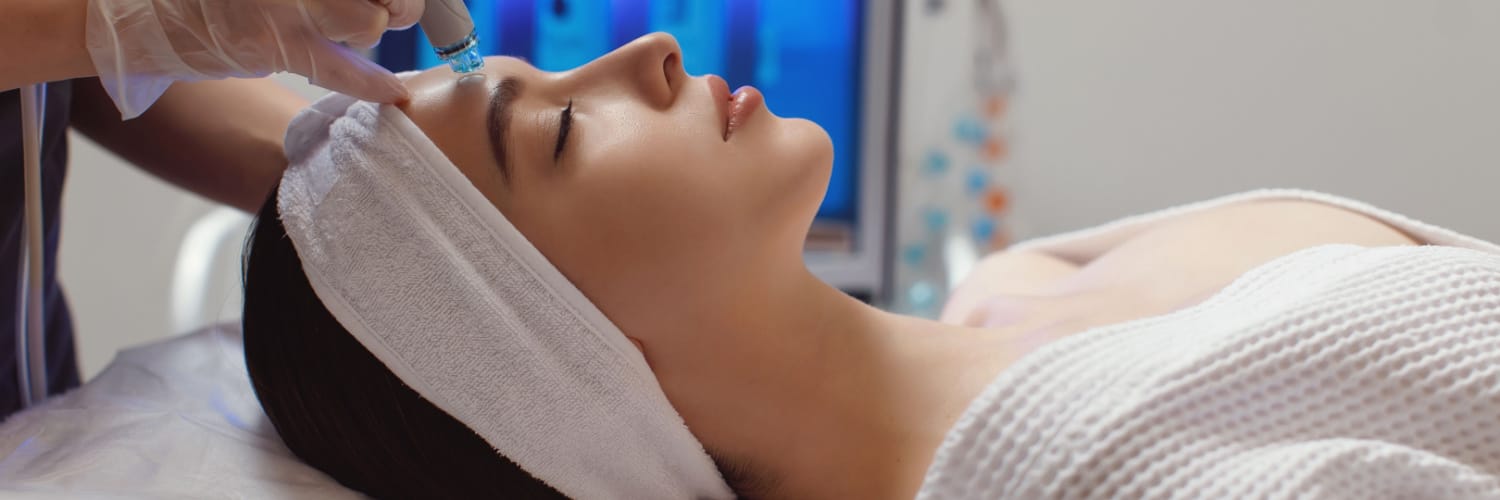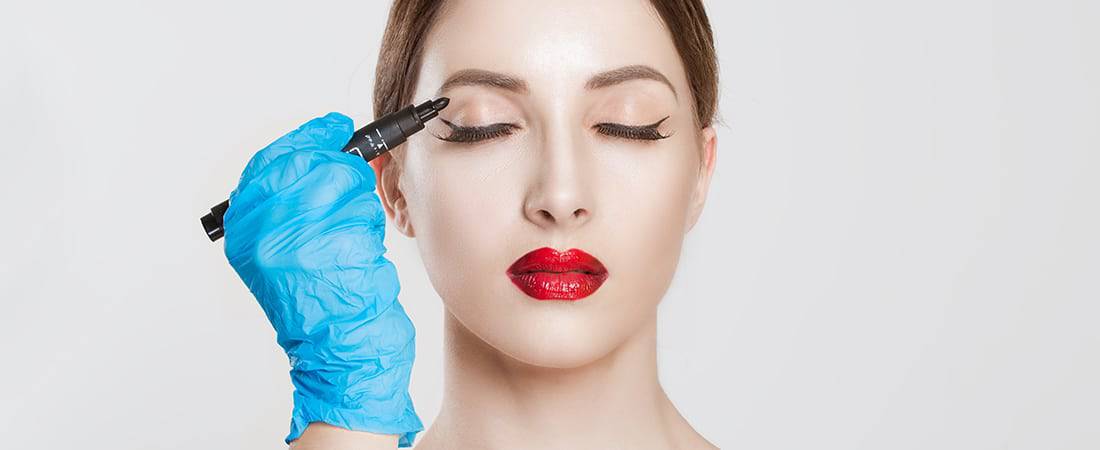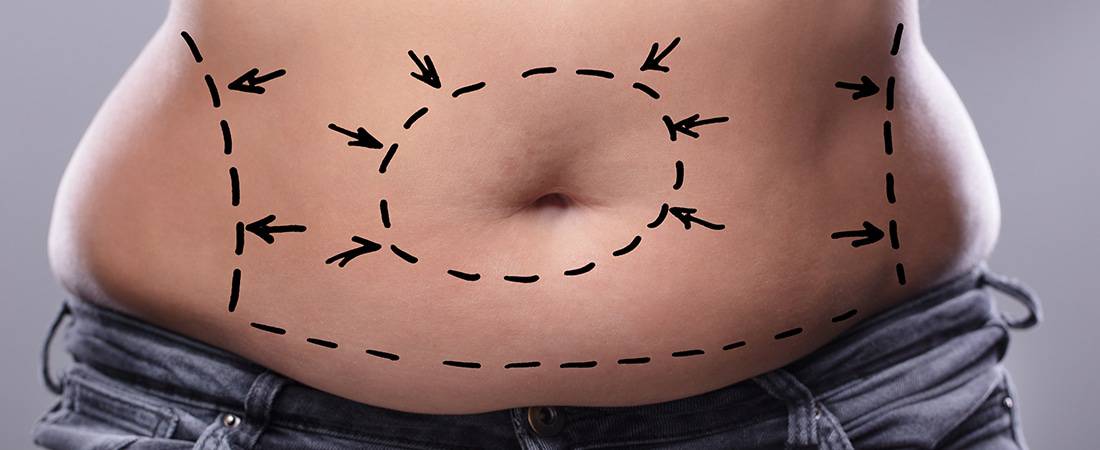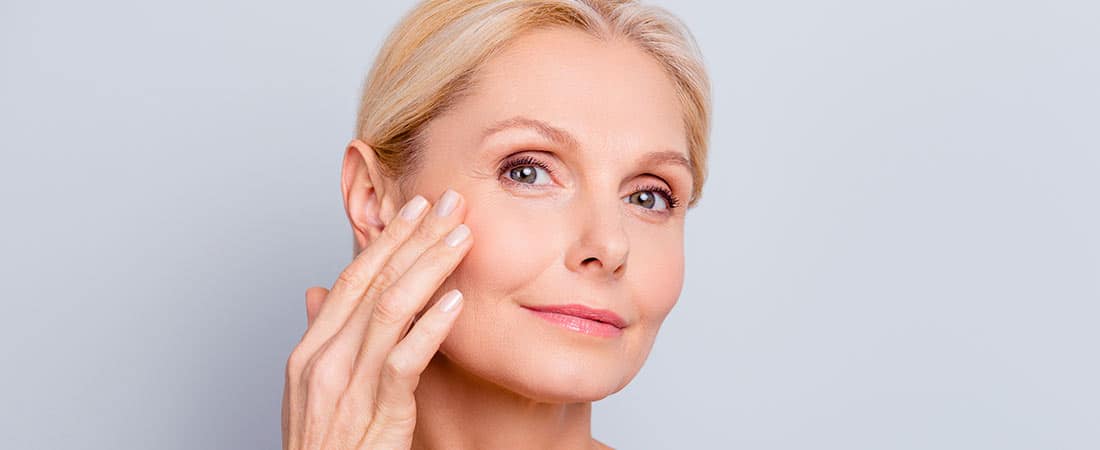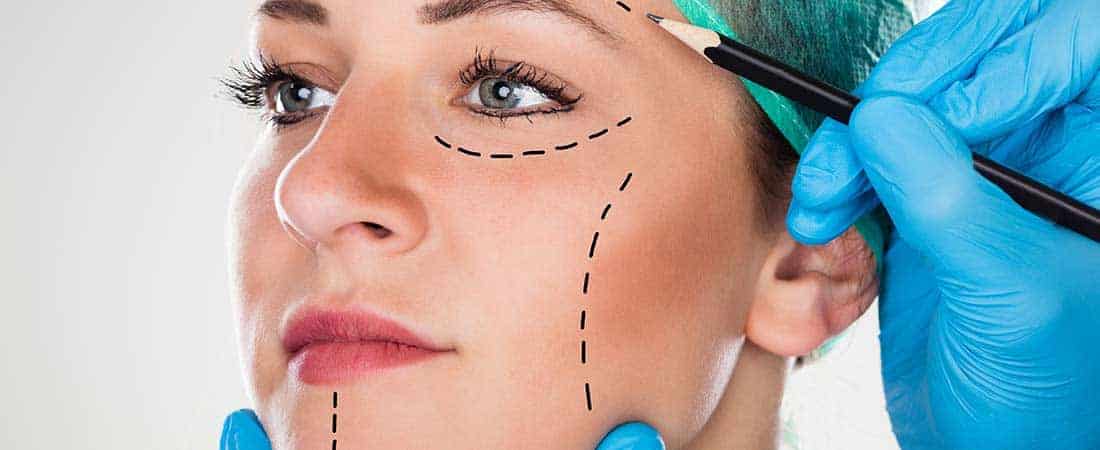Sunscreen FAQS
It’s a common product that’s essential for a good skincare regimen, but how up-to-date are you on the latest info about sunscreen? Here’s a few FAQs about this important summertime staple:

Who Should Use Sunscreen?
Everyone. Applying sunscreen can help to avoid risk of skin cancer by safeguarding your skin from the sun’s potentially damaging ultraviolet rays. Regardless of race, gender or age, anyone can get skin cancer. In fact, it’s estimated that around 20 percent of Americans will develop skin cancer during their lifetime.
Which Sunscreen Should I Use?
Dermatological studies have shown that for maximum protection against the sun, you should use a sunscreen that offers:
- * Broad-spectrum protection against UVA and UVB rays
- * A Sun Protection Factor of at least 30
- * Water resistant
When Should I Put Sunscreen On?
Any day that you plan to be outside. The sun gives off damaging UV rays all year long – not just on a sunny day in the summertime. Even on a cloudy day, as much as 80 percent of the sun’s UV rays can penetrate the skin.
What Is The Difference Between UVA and UVB rays?
Sunlight basically consists of two kinds of harmful rays that reach the planet: UVA and UVB. Too much exposure to either type can eventually lead to skin cancer. UVA rays – which can prematurely age your skin and cause wrinkles – is able to pass through window glass. UVB rays are the main cause of sunburn and can be blocked by window glass.
Should I Use A High Number SPF Or A Lower One?
Dermatologists typically suggest using protection with a protection factor of at least 30. That’s the rating that blocks 97 percent of the UVB rays. A higher rated SPF can obstruct a little more of the UVB rays, but no screen is able to block 100 percent.





